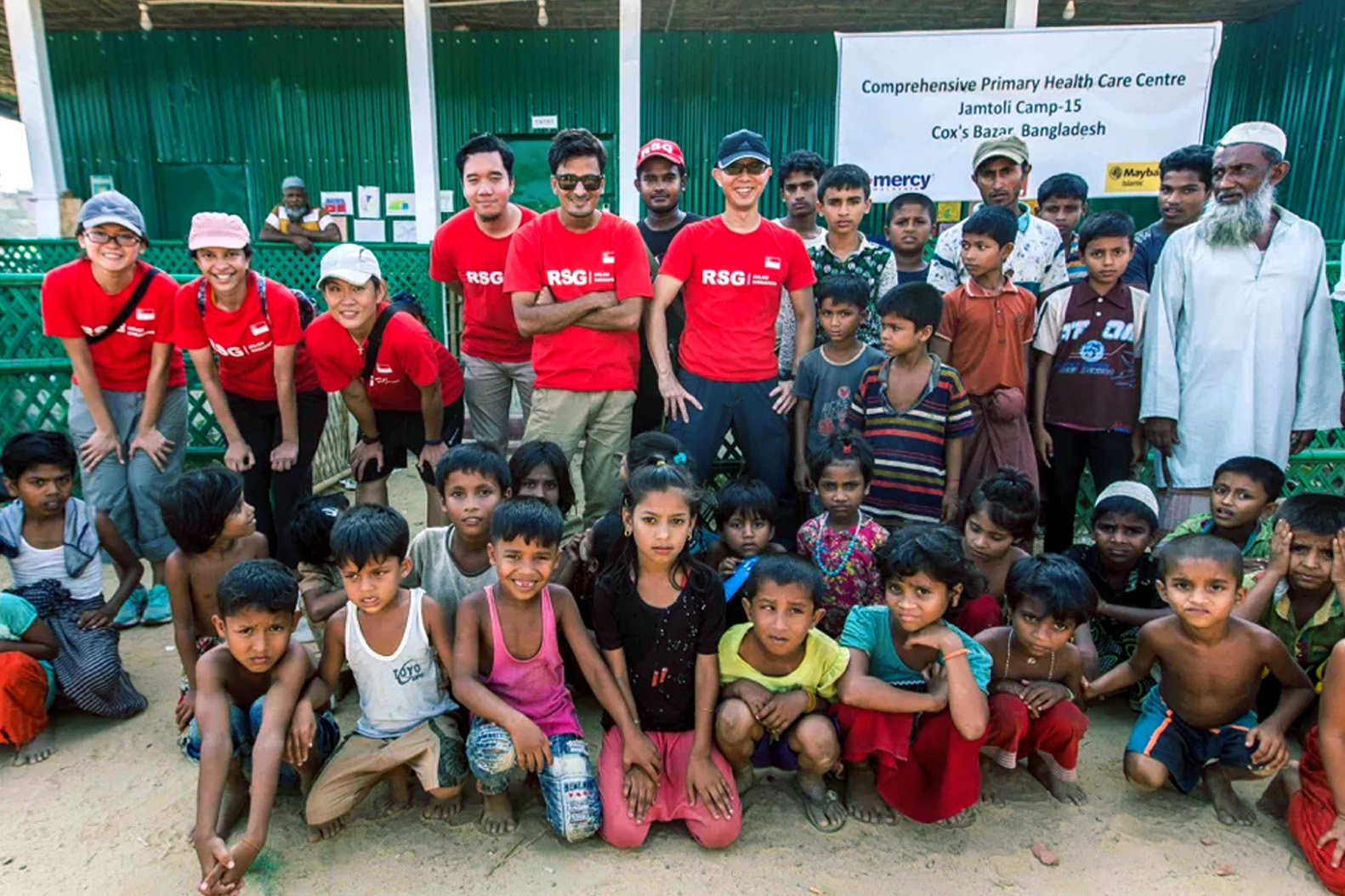With Singapore’s doors closed to refugees, the various refugee crises around the world can seem like a distant problem. But this has not stopped many Singaporeans from opening up their hearts to those who have been forcibly displaced.
Young adults who packed their bags to serve refugees in the Middle East. An entrepreneur whose cafés in Amoy Street Food Centre and Depot Road support the livelihoods of refugees.
A local social enterprise that provides education and skills development to refugees virtually. A Catholic organisation with 50 volunteers who have been quietly serving the displaced in Asia for more than 40 years.
For this year’s World Refugee Day (June 20), some of these Singaporeans want to share that, though the 82 million forcibly displaced people worldwide may seem too far removed from us, we too can play a part to love and care for them in tangible ways.
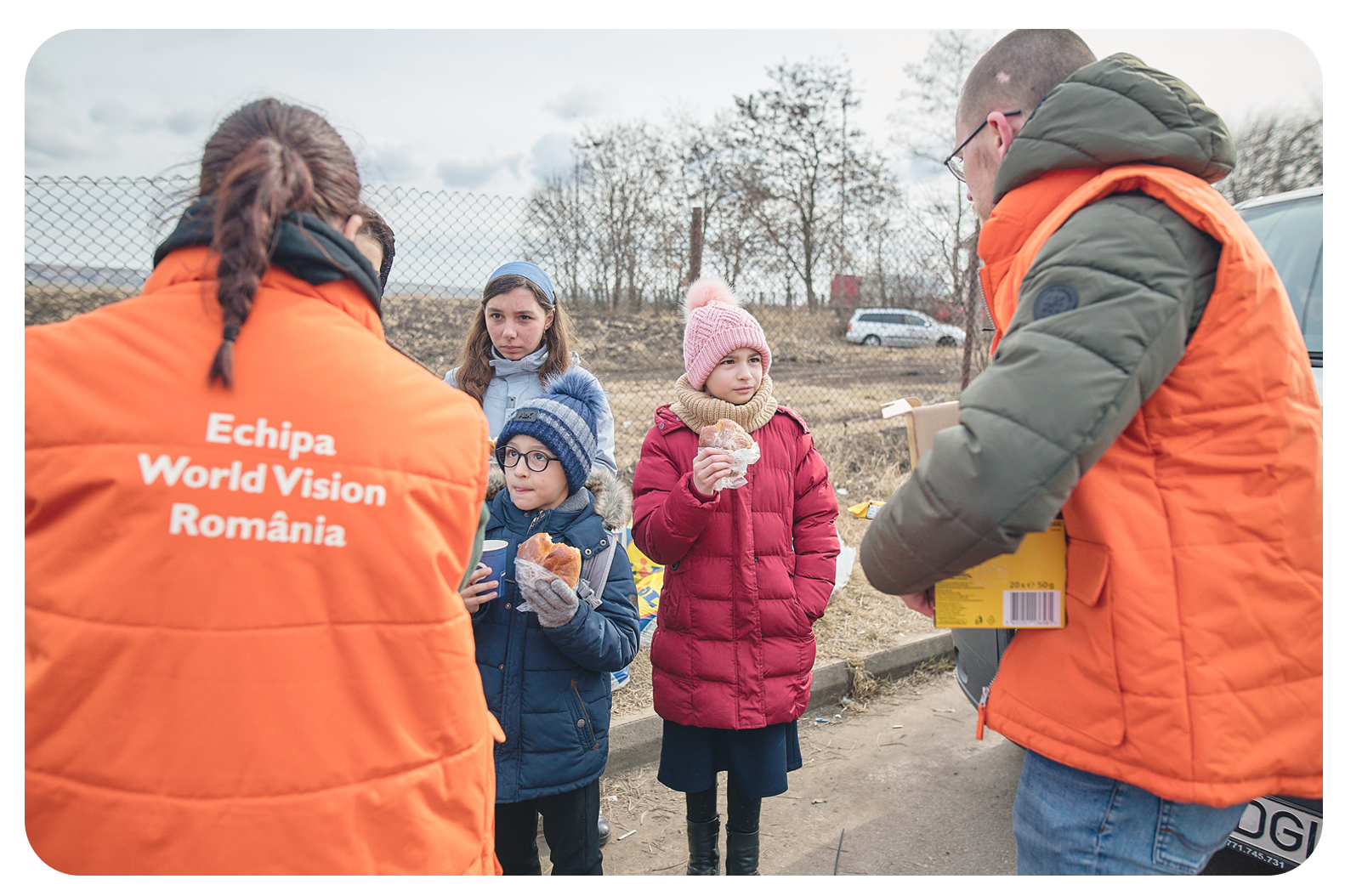
The last, the lost and the least
To raise more awareness on this, an informal network of nine Singapore-based organisations who are involved in refugee work globally have banded together to commemorate World Refugee Day Singapore (June 20) for the first time this year.
The organisations are Relief Singapore, Jesuit Refugee Service Singapore, Habibi Singapore, World Vision Singapore, Marhabtech, Mad Roaster, TOUCH International, WEC International Singapore and Interserve Singapore.
In the lead-up to World Refugee Day Singapore, the group will be sharing more information on their Facebook and Instagram pages about the refugee situation around the world.
It will also profile the work of the nine organisations, in hopes that people can come alongside them to help out in practical ways.
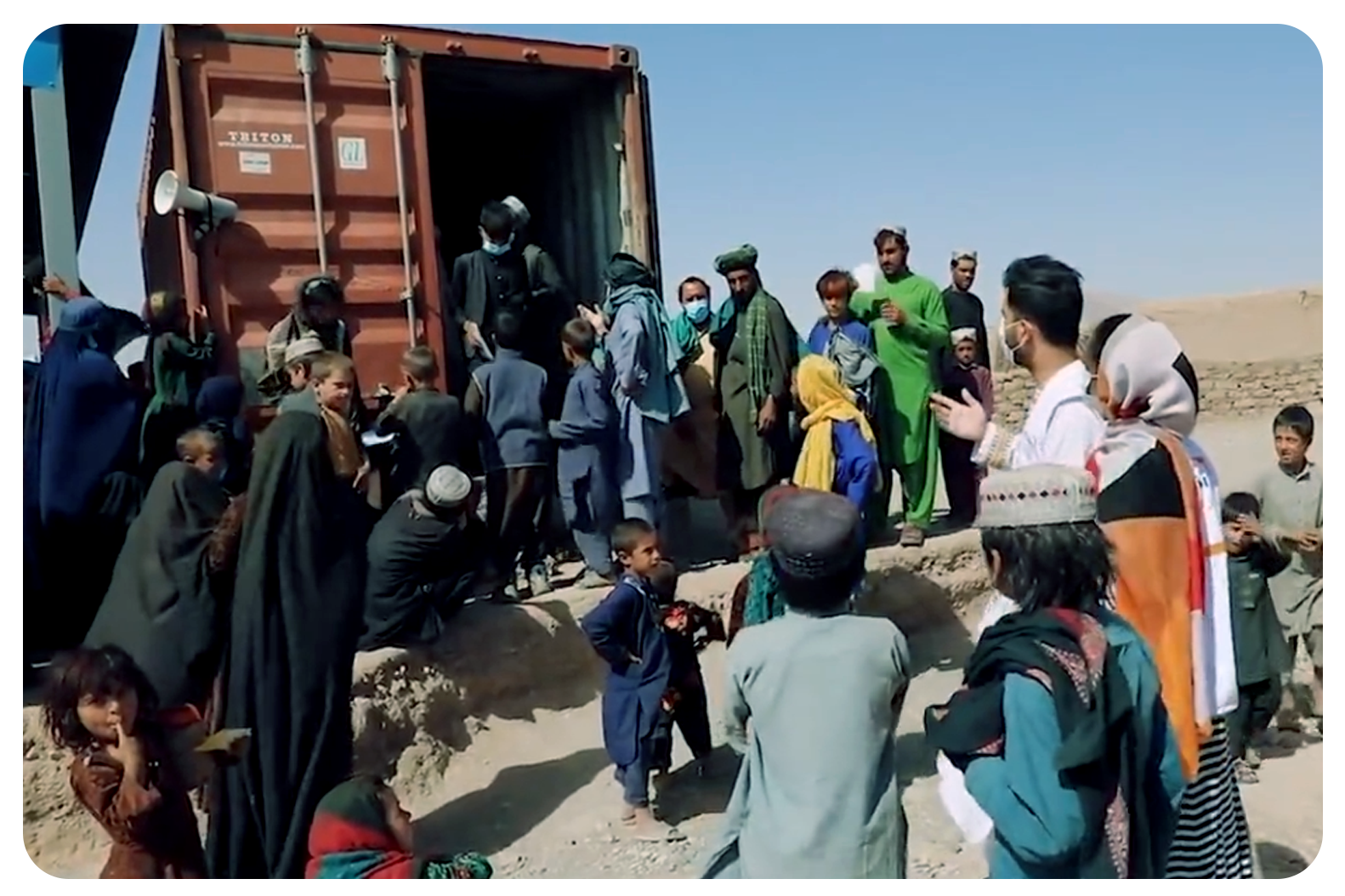
Soh Wei Jie, manager of local programmes for World Vision Singapore, said: “There are many in Singapore who follow the news about refugee crises – from those closer to home in Myanmar and Bangladesh, to those farther afield in Afghanistan and Ukraine – but who may not know about the variety of ways in which they can play a part in responding to these needs.
“We hope that this will be an opportunity for them to discover how they can act on what they’ve learnt about the needs of refugees, and share their compassion through their time, treasure and talent.”
In the next few weeks, the group will also be releasing prayer pointers and information slides to encourage churches in Singapore to join their hearts in prayer for the refugee situation around the world on June 19 (Sunday).
“We want churches to pray on this and open ourselves to how God will reveal something about his heart through the shoes or the lenses of the refugees,” said Ng Zhiwen who helped to start the initiative.
Asked why Singaporeans should care about refugees, he pointed to how God commanded His people in the Old Testament to look after the destitute and the foreigners who are living away from their homeland.
“Many refugees tick all those boxes (of being destitute and foreigners). Most refugees would fit into the category of the last, the lost and the least,” said Zhiwen, who sits on the board of Habibi Singapore, a non-profit organisation that journeys with forcibly displaced communities in the Middle East.
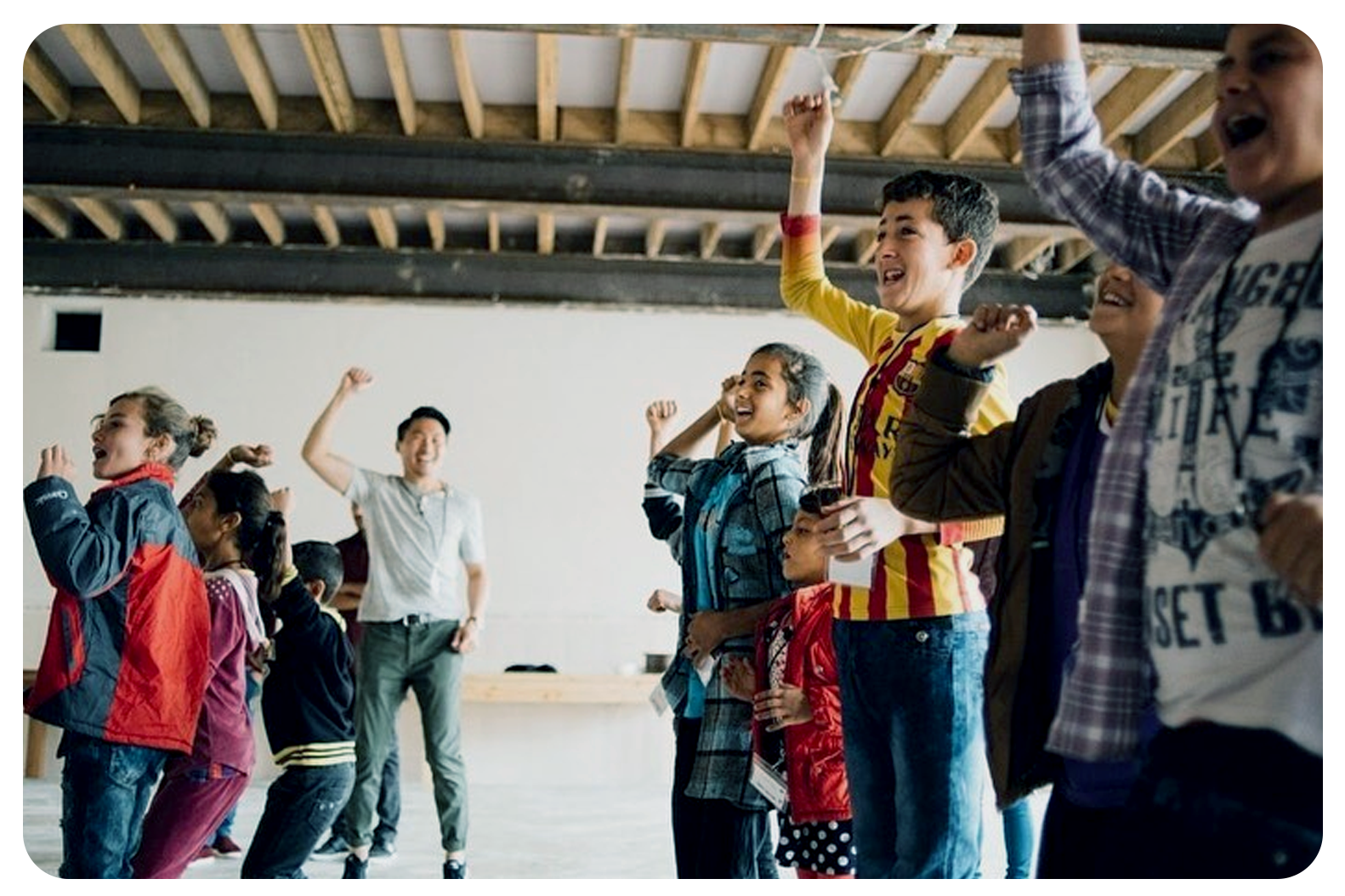
Never too far away to help
It was a little project at the start of the COVID-19 pandemic that had first opened Zhiwen eyes to the plight of those who are forcibly displaced from their homes.
As Singaporeans were hunkering down at home during the Circuit Breaker, he was roped in by non-profit organisation Relief Singapore, which is involved in refugee work in South Asia and Southeast Asia, to help provide masks to refugees in the largest refugee camp in the world.
“The project opened my eyes to the plight that refugees face, and the possibilities and potential of what can be done out of Singapore.”
Almost a million refugees, most of whom are persecuted Rohingya who have fled neighbouring Myanmar, live in the sprawling and overcrowded Kutupalong mega-camp, which lies in the coastal district of Cox’s Bazar in Bangladesh.
Housed in makeshift tents made of bamboo poles and plastic sheeting, most of them have no adequate access to clean water, sanitary facilities or healthcare.
“Then there’s this pandemic going around and these guys aren’t going to get vaccines, they don’t have masks, they’re the lowest of the pecking order when it comes to getting the help they need in the pandemic,” said Zhiwen, who is also on staff at Zion-Bishan Bible Presbyterian Church.
In June 2020, there had been evidence that the virus was spreading quickly in the camp. Two refugees had already died from it.
Seeing this urgent need, the team put together by Relief Singapore leapt into action in an initiative called Solidarity 88 – named after Bangladesh’s country code.
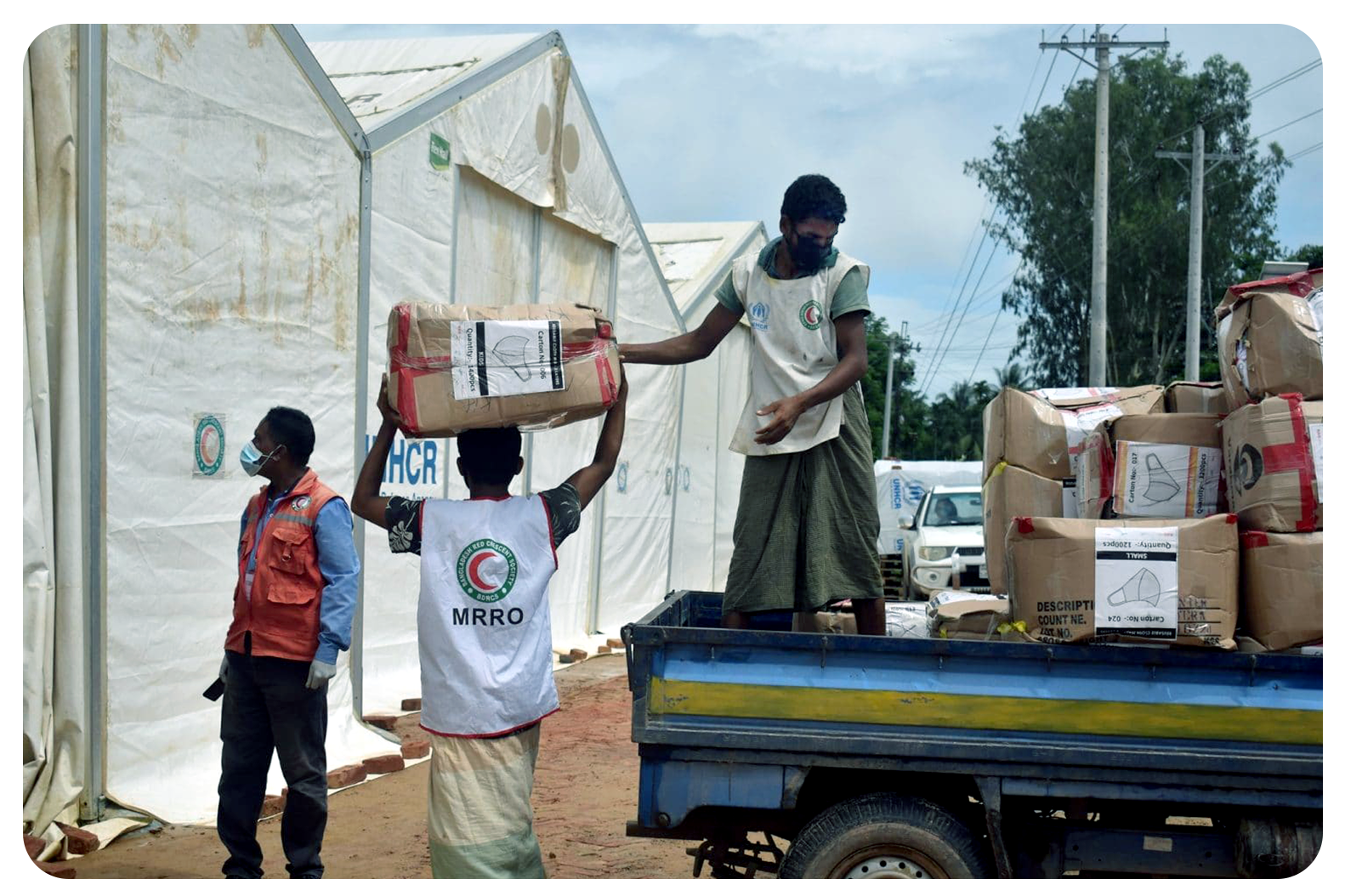
In less than a month, they raised enough funds from Singaporeans to donate some 338,000 reusable masks to refugees in the camp – a feat that was recognised by the United Nations High Commission for Refugees (UNHCR) on its Facebook page.
“The project opened my eyes to the plight that refugees face, and the possibilities and potential of what can be done out of Singapore,” said Zhiwen, who is also an active member of social justice advocacy group Micah Singapore.
Shortly after the Solidarity 88 project, Zhiwen was approached by Habibi International, which serves refugees in the Middle East, to sit on the board of its upcoming Singapore office, Habibi Singapore.
As he became more acquainted with the refugee scene and spoke to more people, he found out that there were many others in Singapore – both individuals and organisations alike – who were actively connected and involved with serving refugees all around the world.
As someone who enjoys connecting people, Zhiwen decided to bring together these people who share the same heart and passion for the displaced. Together, they hope that even more people can come alongside them in their work.
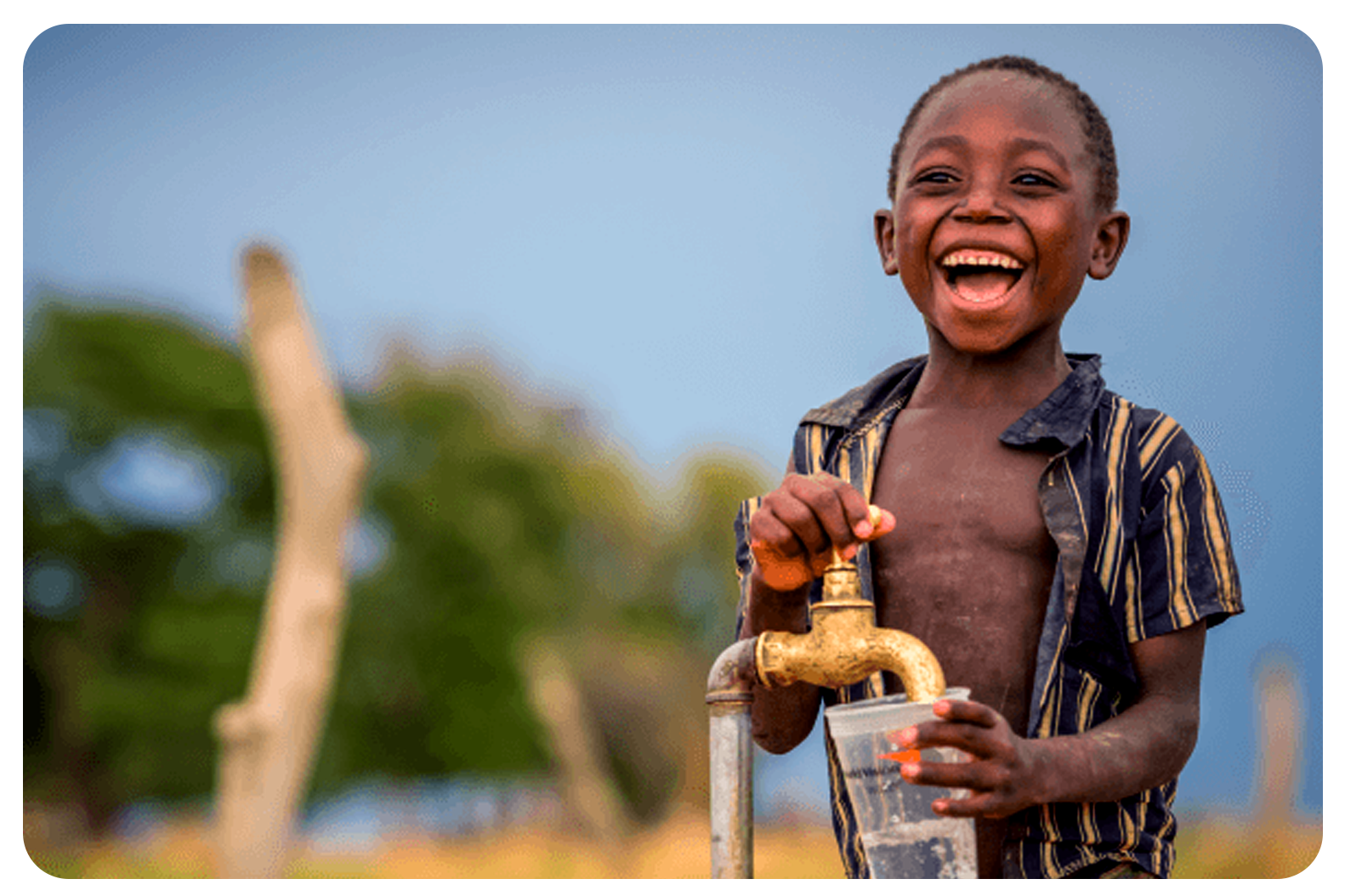
Unity is a special privilege
The new partnership has been of great encouragement to those involved, as they know they are not alone in their service to God and His people.
Madeline Chan, founder of Mad Roaster, a café in Amoy Street and Depot Road that supports refugees, said: “When I was just starting out doing refugee work in 2019, I knew of only one or two people working in the same field in Singapore. But most of the people around me did not know anything about refugees.
“At that time, there was no platform like this to ‘join’. So to now be able to join other like-minded groups to further awareness and action on refugee issues is a privilege I don’t take for granted.”
Eugene Seow, advisor to Relief Singapore and former chief executive officer of Touch International, recognises this privilege as well.
“In all my years of service in the non-profit and social services sector, I’ve not seen such a collaboration to serve refugees. This is special!” he said.
“I’ve always carried a passion that Singapore’s destiny is really entwined with the destiny of the nations around us and how we serve them.”
“I’m really encouraged and excited to see so many NGOs in Singapore – of different shapes and sizes and working across so many parts of the world – so willing to come together and help raise awareness to remember and honour refugees as really a unique part of our global humanity.”
He added: “I’ve always carried a passion that Singapore’s destiny is really entwined with the destiny of the nations around us and how we serve them. If God has called us to do something about serving nations, then surely somewhere in this journey going forward, Singapore must contribute and play a part in the refugee space.”
For World Refugee Day (June 20), you can mark this occasion on the weekend of June 18–19, 2022 by praying alongside these organisations.
Here are 3 prayer pointers:
- THE CHURCH: That we may grow to regard and love refugees as our neighbours, remembering that the afflicted are people whom Jesus identifies Himself with.
- CHILD REFUGEES: The risks of living in cramped settlements with little privacy, psychological trauma, susceptibility to ill health and disruptions to education.
- THOSE DIRECTLY INVOLVED IN SERVING: That through their ministry many will know and receive the love of Jesus.
This article was first published on Salt&Light.
Thir.st has also published a series of stories on Singaporeans who have travelled to the Ukrainian border to serve refugees. Check out a few of these stories:
- What do you know about the refugee situation around the world?
- Is there a forcibly displaced community/people group that you can learn more about and commit to prayer?
- How can you use your gifts, skills and resources to meet any of these needs?


